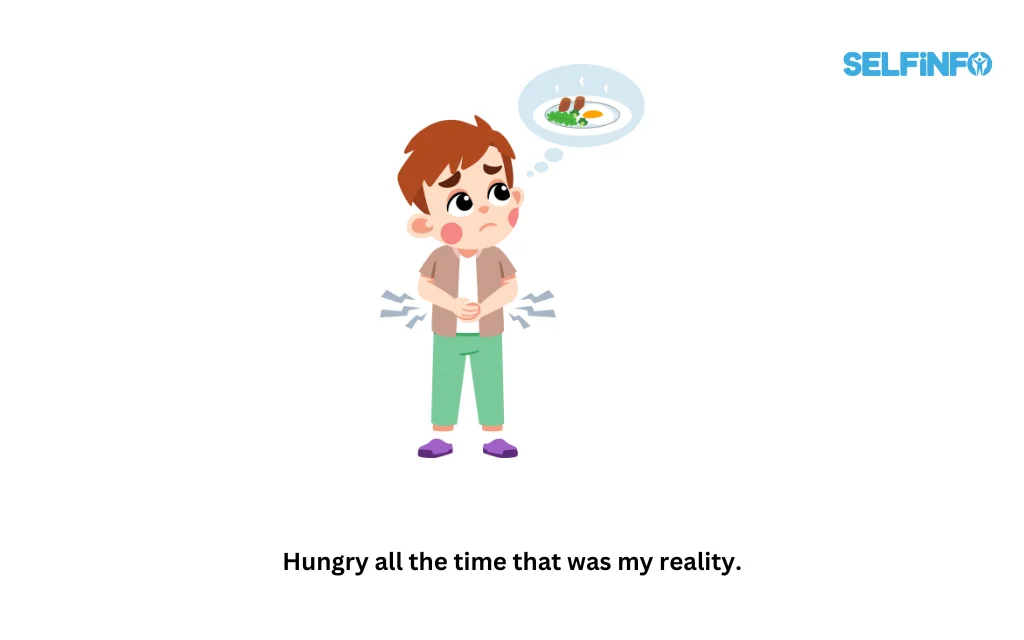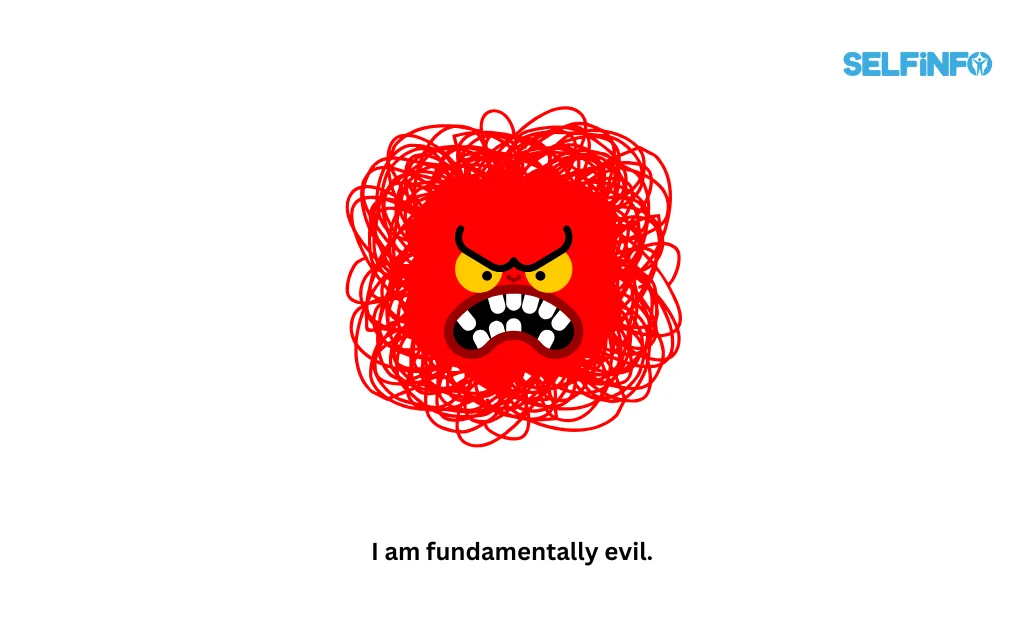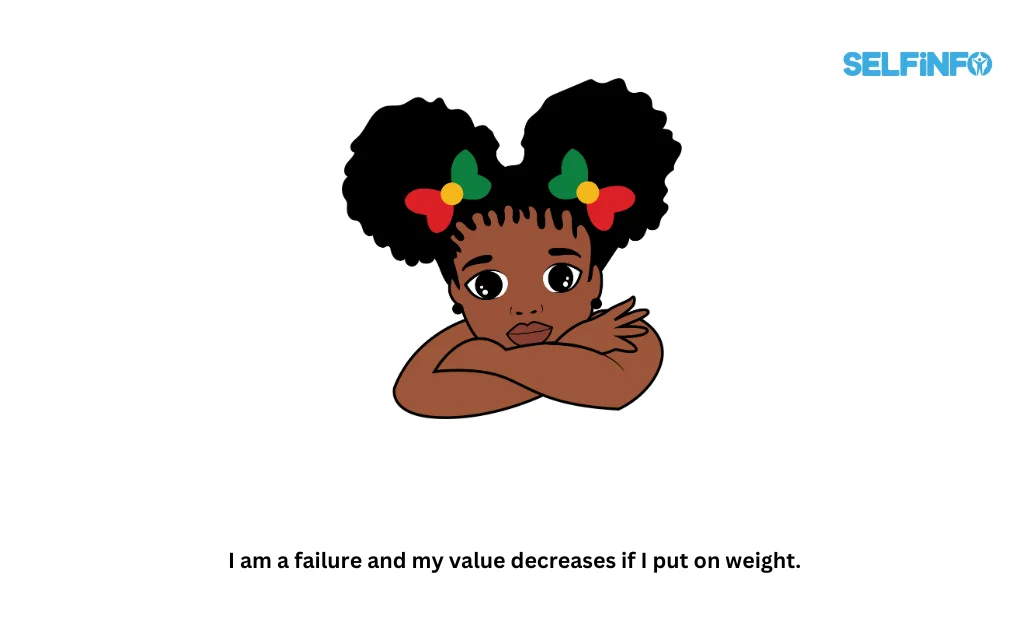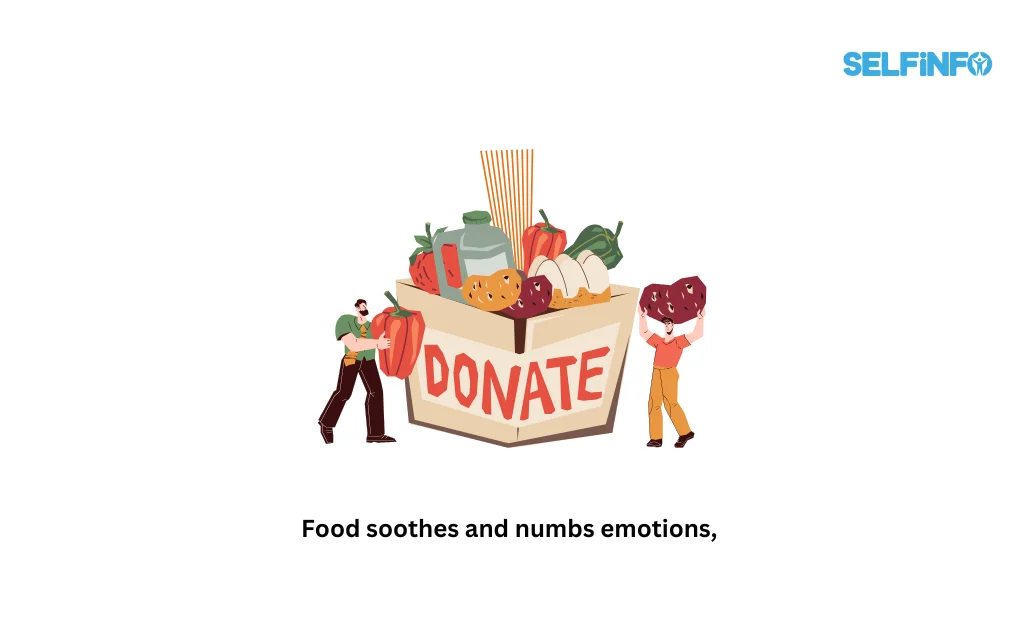Hungry all the time, I was always ready to eat whenever I was awake.
I would pick at whatever was available without thinking.
I would constantly feel “snacky” as I wandered the kitchen.
From the moment I woke up until the moment I went to bed, my mind would be entirely focused on what I was going to eat next. The disputes between what I wanted to eat and what I believed I was “should” to eat were always the driving force behind all of my eating impulses.
I could literally always eat more, regardless of how much I had just consumed. Throughout my life, I was constantly afraid of gaining more weight, and I felt terrible and guilty about it.
I did not have the phrase “No thanks, I am not hungry” in my vocabulary.
I was eating whatever food was available. I was going to grab food if it was not available.
(An intriguing point to mention here, and something to consider in your own food and dieting experience, is that, prior to beginning to diet, I was never like that. It seemed to get worse the more I tried to limit particular foods, but I am getting off topic.

Although they were not the main culprit, diet and food regulations played a significant role.
I believed that I was a pig for many years. I mistakenly believed I was merely a foodie. I believed that I lacked self-control and was a pig. I even believed for a long time that I had a food addiction (more especially, a sugar addiction).
I assumed that was the issue. Naturally, the answer at that time was to simply keep trying to “be decent.” I needed to work harder to avoid eating stuff I shouldn’t, feel more guilty, and want it more.
Since I was too big of a pig to stop eating and kept gaining weight, I believed that my feelings of hatred toward my body were my own responsibility.
I was aware that there had been things in my past that might have been categorized as “problems” that I had never dealt with, but in my opinion, they were behind me. I had moved on from them. In addition, I believed that nothing disturbed me since I was strong.
To be honest, I thought that.
Wow, though, was I mistaken.
Here’s what I have discovered in the years since I was, as they say, “awakened” to the truth.
First of all, our ideas are not our reality; nevertheless, we may come to feel that they are if we tell ourselves the same thing repeatedly enough.
What narratives about food, your body, yourself, and food are playing automatically in your mind every day?
Second, our thoughts are merely the surface-level chatter of a very complicated computer that runs (mainly unconscious) programs every single day in the background.
What underlying subconscious ideas are causing and motivating those thoughts?
These programs not only hold our views about the world and ourselves, but they also influence many of the decisions we make.
Many, many of the decisions we make are influenced by our thoughts, feelings, and beliefs.
Since I am starting to realize that many of us share many of the same unconscious beliefs, I thought I would share some of mine. If any of this connects with you, you could recognize some of them or it might give you some ideas for thinking about your own past.
Belief: I am fundamentally evil.

Darkness is who I am. I have no value. I am a failure. I guess this is more of a general subject of beliefs, and happily, there has been a lot of change in the previous several years. Nevertheless, I am still working on some of its origins.
This resulted from a variety of factors, including weight increase and eating difficulties, as well as from childhood and an alcoholic father. When I began researching this, I was shocked to see how many other factors—things that seem harmless and stupid to an adult—also played a role.
For instance, when I was growing up, money was a constant concern. In my adult life, I never would have imagined that a very normal problem for most families would cause so much suffering, but it did. It helped me believe the “failure” and “not good enough” narratives about myself. Aside from that, I never would have predicted this.
The lesson is that these harmful “not good enough” views can be formed without significant, overt childhood traumas.
Belief: I am in danger. The world is dangerous. People are in danger.
I still have this one in there. I have not fully cleansed it yet because it is one of the more recent ones I have discovered. I still often experience it as a deep pain in the middle of my chest. Although other factors also had a role, having an abusive, alcoholic parent was the main cause.
Belief: No one is interested in what I have to say, and even if they are, I do not say the appropriate thing.
I only recently learned about this one, and it too originated from what now appears to be the most absurd place. “Shhh, do not say that!” was something I used to hear. Adults around me when I was growing up used to say things like, “Little girls should not say that,” and “Girls are intended to be seen and not heard.” I mean, I probably told my own child that when she was younger. I was impacted by this message for the majority of my life, even though it sounds like such a typical, grownup thing to say.
Belief: I am a failure and my value decreases if I put on weight.

Because we are taught from an early age that obesity is bad, this one is incredibly prevalent.
These are some examples to get you to consider some of your own.
I never even knew those beliefs existed, but I have lived my entire life with and from them.
I mean, I lived off of them. They really influenced the decisions I made for myself.
Because that is the way it operates.
The underlying theme of “I am not worthy, I am not good enough, I am evil” drove me to treat my body and myself in accordance with every belief that resulted from it.
These ideas not only encouraged excessively tight diets, fasting, and excessive exercise to the point of physical torture, but they also encouraged the constant
My attempts to restrict in order to “be nice” and “make up for it” would increase as my weight increased, which would reinforce those thoughts and lead to additional bingeing. The cycle went on and on.
I not only sought to escape the terrible sensations the other beliefs caused in my body, but I also learnt to confuse them with actual hunger. I was constantly hungry because of this. Without even realizing it, I was constantly attempting to numb every emotion I was experiencing.
Physical hunger was never the nagging, constant feeling of hunger. Because I was unaware of it, I sought to stuff food into the hurting hole in my chest that needed to be filled with sentiments of security, love, and acceptance for myself. I was oblivious to my own reluctance to just let feelings be.
And I believed the entire time that I was merely a potato chip addict with no self-control.
Ha. Nope. That is not it. The good news is that you can start taking action as soon as you realize it.
Food calms and numbs. It simply does. Constant hunger or “snacking” is caused by a subconscious program in your brain that is typically linked to the need to numb or calm an undesirable emotion, such as pain, fear, boredom, annoyance, etc.

In addition, there are rewards and penalties. It took me years to realize that I was intentionally trying to punish myself when I felt the need to eat, not because I was physically hungry but rather because I felt so unworthy.
Additionally, attempting to regulate food intake often has the unintended consequence of encouraging more damaging behaviors like bingeing and overeating (also known as feeling “hungry” all the time).
Physical hunger is not the same as persistent hunger, or the sensation that there is a gap that will never be filled. Because of this, it seems like a need that is never met. It is just misreading signals and giving the incorrect fix in response.
I have also discovered that our bodies are incredibly intelligent. We have just forgotten how to relate to and listen to them; they do not want to overeat until they are uncomfortable full.
If you can identify with the constant want to eat, begin by asking yourself, “Am I physically hungry?” before you eat. Take a moment to list your feelings. What bodily feelings are you experiencing? Where do you sense them? How do you feel on an emotional level? What was on your mind just now? What did you just do?
Simply take a moment to check in with yourself. What do you actually need at this moment? Is eating the solution? (Although I understand that it can be difficult to resist the impulse to eat for a moment, you could also begin practicing this while you are eating.)
You begin with awareness and body-connection. From then, it makes all the difference to learn how to identify, control, accept, and let go of emotions.
You can quit feeling hungry all the time without having all of your unconscious beliefs exposed and altered.
The persistent hunger starts to lessen and things start to change once you can identify when your thoughts, beliefs, and emotions are driving you instead of your physical hunger and you are better equipped to know how to control those feelings or when to simply accept and allow them.
